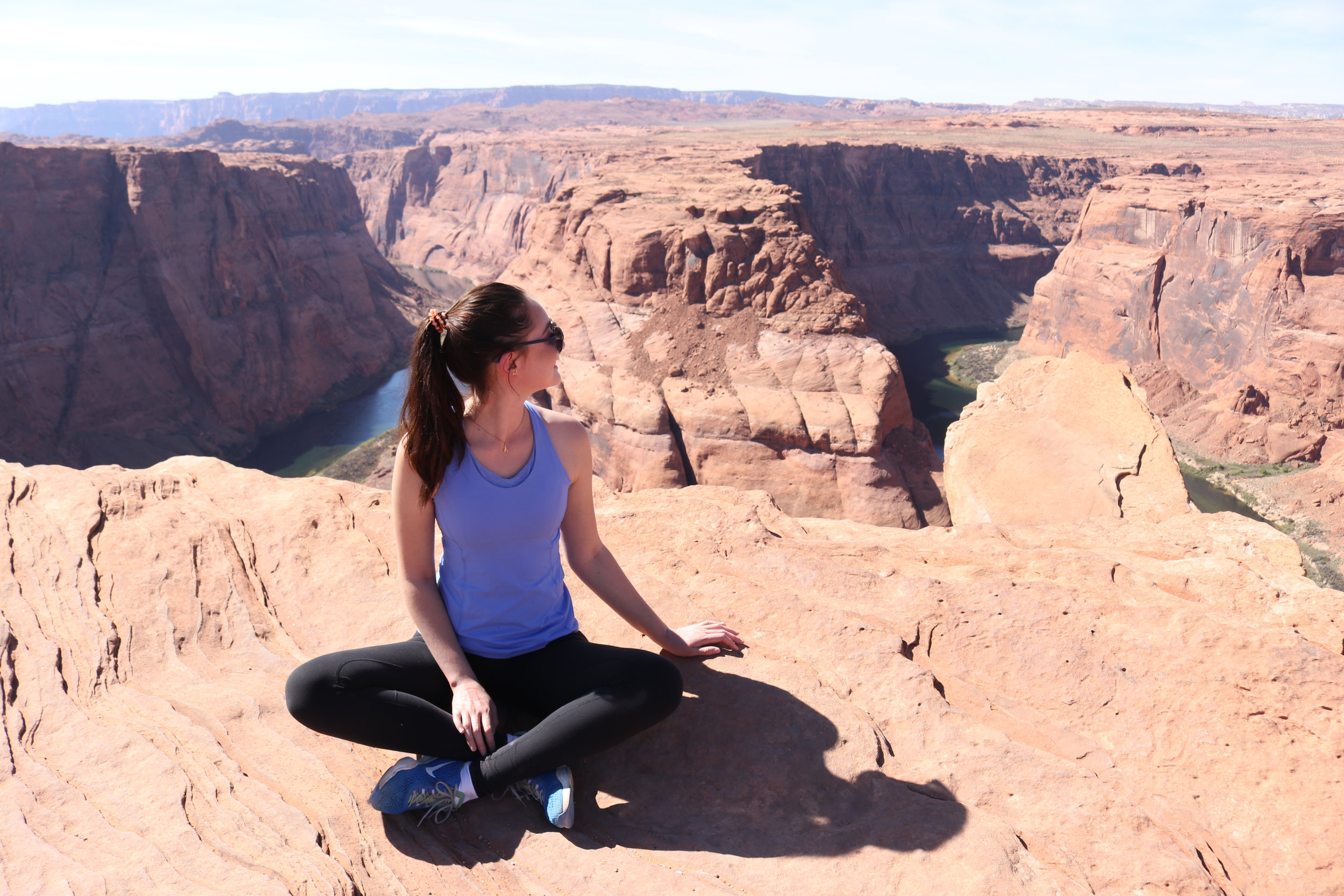Can I Get a Connection: Anti-social Media
I almost did not want to write this blog post, because questions like “What can we do to encourage our youth to spend more time off social media?” or “Do you think social media is good or bad for society?” have become redundant catchphrases in the realm of pageant interviews and on-stage questions. By now, everyone has their own opinion on the matter, so why give you mine? I suppose because for most of my life, I never felt the need to be present on social media. One of my friends created my Instagram freshman year of college after she was shocked I had spent the majority of my teenage existence without posting awkward selfies and pixilated, overly filtered photos online for my followers to see. Clearly, I had deprived myself of the real high school experience.
Even with Instagram and Facebook, I still never felt the urge to share or the interest to see what my friends around me were uploading. Then when I won Miss Idaho and started posting on Instagram religiously every few days, I became obsessed. Picture a lactose-intolerant person trying Ben and Jerry’s for the first time. It was addictive and explosive all at once. I went from spending practically no time online to antagonizing over captions and which picture, out of the sixty-three I took that day, looked the most eye-catching. One post probably took me thirty minutes to generate. It was not healthy and it took me longer than I would like to admit to realize that.
The modern world is a paradox. Social media has made us the most connected humans in the history of existence, but somehow, we have never been more alone. The world is at our fingertips, yet we cannot seem to escape our artificially illuminated screens. Let me use my own life as an example.
I am in charge of three Instagram accounts. I manage two Facebook pages, one Twitter account (I have never used the official Miss Idaho Twitter, but I still acknowledge its existence so it counts), and two Snapchats. Reading this, you might think my online footprint is a tad excessive. It probably is, but I am Miss Idaho. On June 9th 2018, I inherited a crown, sash, and the passwords to four new social media pages. One of my job requirements is to share my year on social media. For some reason, people want to know what shade of lipstick I’m wearing, see which city I’ve traveled to for the week, and watch me awkwardly film myself in my car to inform them what appearance I am about to walk into. I suppose I should be flattered that so many people deem my day-to-day life entertaining enough to make it a part of theirs. However, there is a part of me that is vacillated. Since when did living our own lives become synonymous with watching other people live theirs?
I read somewhere, “When the phone was tied with a wire, humans were free.” When the cell phone first became commercialized in the mid 1980’s, it was hailed for its convenience. Streaming Netflix from our laptops or movies from our home T.V.’s quickly expelled the need to trek out to movie theaters, or even more archaic, the nearest Blockbuster. Netflix reported its 117.58 million subscribers watch 140 million hours of content per day. Most people spend four hours, a full quarter of their waking day, on their phone. Needless to say, the rise of technology, which was created to make life easier for us, has in turn made parts of it harder. Take gargoyles for instance. One hundred and two gargoyles affixed to Notre-Dame, one of Paris’ most famous landmarks, were designed to drain water away from the cathedral. In an elemental twist of irony, water happens to be the gargoyle’s biggest source of decay. Sometimes solutions to problems become part of the problem themselves. Our phones have become our modern day gargoyles.
Technology has become ubiquitous with mankind, and the more stimulation we have, the easier it is to feel bored. Our devices can be so all-surrounding; it can feel like we are being suffocated by our screens. While easier in theory than in practice, the solution is simple: take away the problem. Some days, I converse more with people online than I do in person. When I find myself on hour three of watching “The Office”, I remind myself how much better I felt going for a run the other day or visiting the library with my friends. The placebo emotions we experience when seeing other people do things is no substitute for having adventures ourselves. Perhaps we must dutifully practice mindfulness and switch our screens off in order to switch ourselves back on. Disconnect in order to reconnect, as Matt Haig eloquently phrased it in his latest novel. After all, connecting with the world has nothing to do with WiFi.




